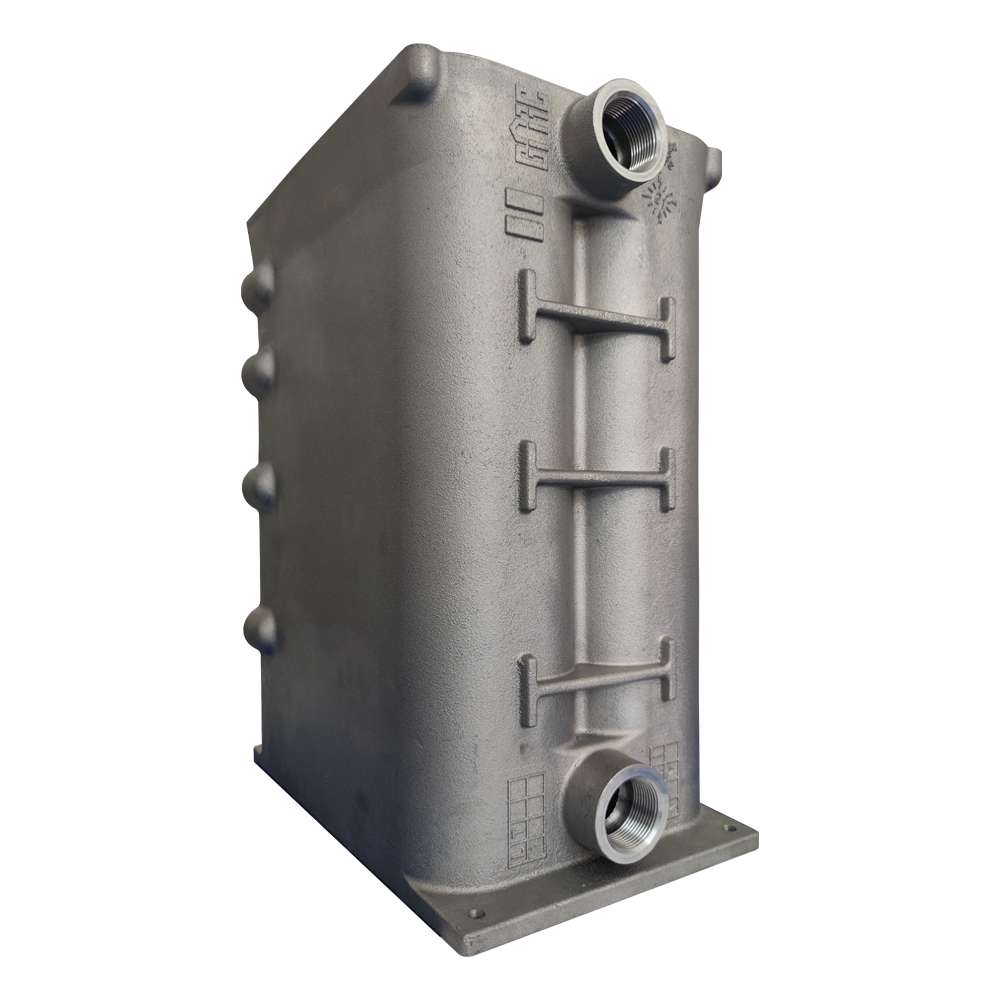- Afrikaans
- Albanian
- Amharic
- Arabic
- Armenian
- Azerbaijani
- Basque
- Belarusian
- Bengali
- Bosnian
- Bulgarian
- Catalan
- Cebuano
- China
- China (Taiwan)
- Corsican
- Croatian
- Czech
- Danish
- Dutch
- English
- Esperanto
- Estonian
- Finnish
- French
- Frisian
- Galician
- Georgian
- German
- Greek
- Gujarati
- Haitian Creole
- hausa
- hawaiian
- Hebrew
- Hindi
- Miao
- Hungarian
- Icelandic
- igbo
- Indonesian
- irish
- Italian
- Japanese
- Javanese
- Kannada
- kazakh
- Khmer
- Rwandese
- Korean
- Kurdish
- Kyrgyz
- Lao
- Latin
- Latvian
- Lithuanian
- Luxembourgish
- Macedonian
- Malgashi
- Malay
- Malayalam
- Maltese
- Maori
- Marathi
- Mongolian
- Myanmar
- Nepali
- Norwegian
- Norwegian
- Occitan
- Pashto
- Persian
- Polish
- Portuguese
- Punjabi
- Romanian
- Russian
- Samoan
- Scottish Gaelic
- Serbian
- Sesotho
- Shona
- Sindhi
- Sinhala
- Slovak
- Slovenian
- Somali
- Spanish
- Sundanese
- Swahili
- Swedish
- Tagalog
- Tajik
- Tamil
- Tatar
- Telugu
- Thai
- Turkish
- Turkmen
- Ukrainian
- Urdu
- Uighur
- Uzbek
- Vietnamese
- Welsh
- Bantu
- Yiddish
- Yoruba
- Zulu
اکتبر . 02, 2024 09:11 Back to list
oil condensing boilers
Understanding Oil Condensing Boilers Efficiency and Benefits
Oil condensing boilers are an advanced form of heating technology that offer significant energy efficiency and environmental benefits for both residential and commercial applications. As the demand for more sustainable and cost-effective heating solutions grows, oil condensing boilers are becoming an increasingly popular option.
How Do Oil Condensing Boilers Work?
At the core of their functionality, oil condensing boilers utilize a process known as condensation. Traditional oil boilers operate at lower efficiencies, typically around 70-80%, as they expel a significant amount of heat through their flue gases. In contrast, condensing boilers are designed to recover the waste heat from these gases, which would otherwise be lost. This is achieved through a heat exchanger, where the flue gases are cooled to a point where water vapor condenses, releasing additional heat that can be reused in the heating process.
This recovery process allows oil condensing boilers to achieve efficiency ratings of 90% or higher. By harnessing the latent heat contained within the flue gases, these boilers not only minimize energy wastage but also reduce fuel consumption, leading to lower heating bills for homeowners and businesses alike.
Environmental Benefits
One of the primary advantages of oil condensing boilers is their reduced environmental impact. The improved efficiency means that less fuel is burned to produce the same amount of heat, resulting in lower carbon dioxide emissions. Moreover, the combustion of heating oil typically emits fewer pollutants compared to other fossil fuels, making oil condensing boilers a cleaner alternative.
oil condensing boilers

Additionally, many modern oil condensing boilers are designed to operate with biofuels, further enhancing their eco-friendliness. By integrating sustainable fuels, such as biodiesel, users can significantly decrease their carbon footprint and contribute to a greener future.
Installation and Maintenance
Installing an oil condensing boiler requires careful planning and consideration, particularly regarding the flue system and drainage for condensate, which is a byproduct of the condensation process. Professional installation is highly recommended to ensure compliance with local regulations and to optimize the system's performance.
In terms of maintenance, oil condensing boilers do require regular servicing to maintain their efficiency and prolong their lifespan. Routine checks on the burner, heat exchanger, and other components are essential in ensuring the boiler operates at peak efficiency. By investing in proper maintenance, users can avoid costly repairs and increase the boiler's operating efficiency.
Conclusion
In an era where energy efficiency and environmental responsibility are paramount, oil condensing boilers present a compelling solution for heating needs. They combine advanced technology, high efficiency, and lower emissions, making them an excellent choice for homeowners and businesses looking to reduce their energy costs and environmental impact. As we continue to strive towards sustainable solutions, investing in an oil condensing boiler may be one of the best decisions for both comfort and ecological responsibility.
-
High-Precision Colloidal Silica Casting Solutions Custom & ODM
NewsMay.20,2025
-
High-Efficiency Cast Silico Aluminum Gas Boiler ODM & Custom Solutions
NewsMay.20,2025
-
Steel Reinforced Concrete Pipe Bottom Ring Moulds Buy Custom Solutions
NewsMay.19,2025
-
Original Concrete Pipe Mold Bottom Ring & Pallet Chinese Factory Direct Sale
NewsMay.19,2025
-
Custom Room Heating Heat Exchangers Energy-Efficient Solutions
NewsMay.18,2025
-
Precision Milling Body Casting Solutions Custom & ODM Options
NewsMay.18,2025


